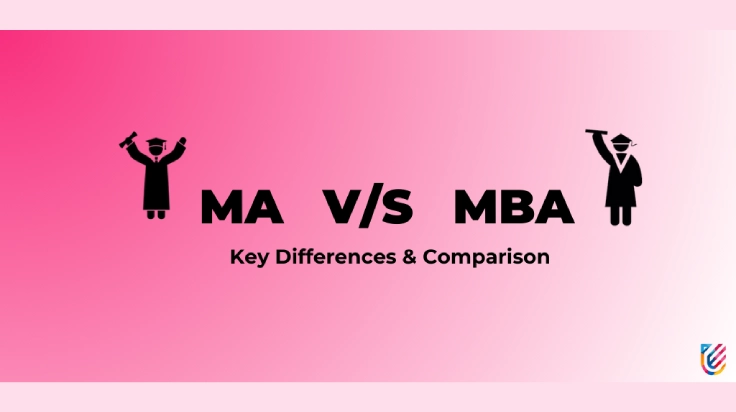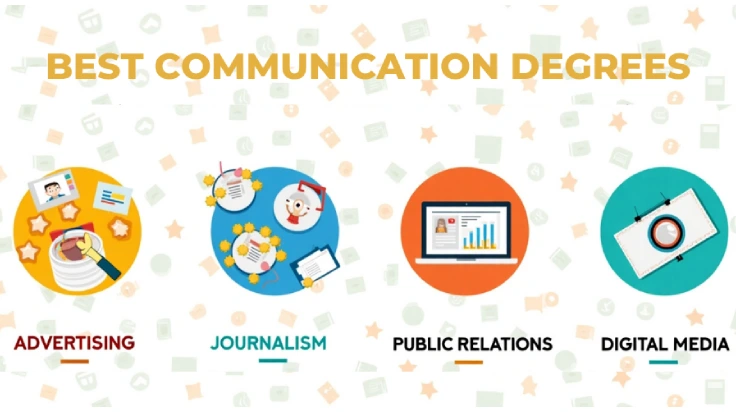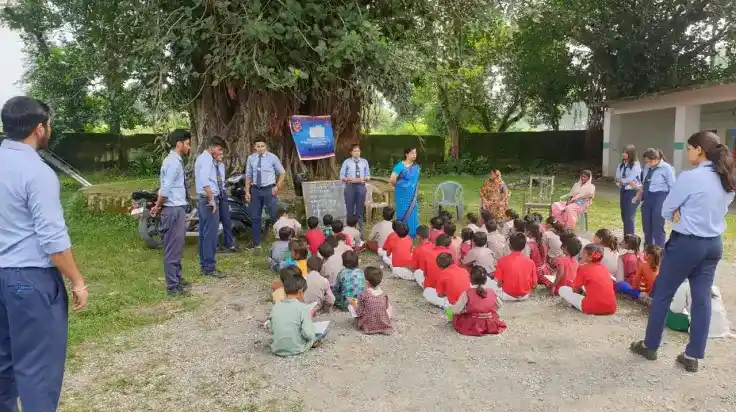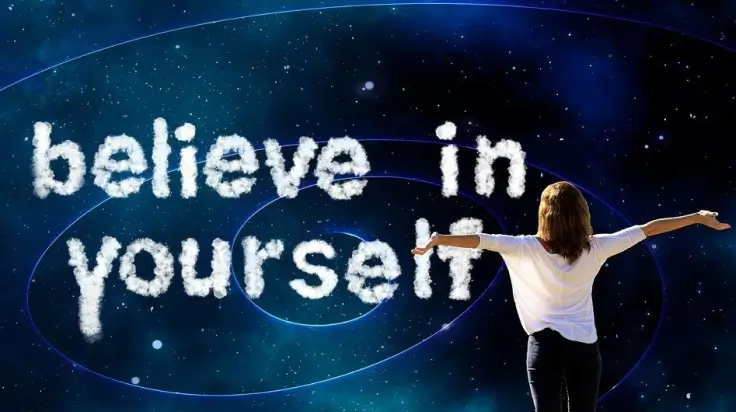Career Scope after B.Sc. Psychology
- UPES Editorial Team
- Published 18/11/2024

“The pursuit of natural knowledge, the investigation of the world - mental and material - in which we live, is not a dull and spiritless affair: rather is it a voyage of the adventure of the human mind, a holiday for reckless and imaginative souls.”- Archibald Hill
Imagine sitting in a café, watching people around you. One person is quietly reading a book, while another is animatedly chatting with a friend. At the counter, a barista moves swiftly, preparing drinks, seemingly in sync with the rhythms of the bustling café. Now, consider how fascinating it would be to truly understand what’s going on inside each of their minds. This is where Psychology steps in—a field dedicated to uncovering the mysteries of human thought, emotion, and behavior.
Every year in universities all across the country, we find many applicants for B.A. & B.Sc. Psychology. While it's a popular choice, it’s important to understand what it entails in detail before you jump into it. This blog will elucidate in detail everything you need to know about career scope post pursuing graduation in psychology. Read for your benefit!
What is Psychology in simple words?
Picture yourself at a family gathering. You notice how each family member brings their unique personality to the table. Your cousin is the life of the party, constantly cracking jokes and making everyone laugh, while your aunt prefers sitting quietly, listening intently to everyone’s stories. Meanwhile, your young niece is bursting with curiosity, asking endless questions about how things work. Have you ever wondered what drives these differences?
This is where psychology comes into play—it’s the science of understanding what makes each person tick. For example, your cousin’s outgoing nature might be due to their extroverted personality, which psychology helps us understand as a blend of genetics and life experiences. Your aunt’s quiet demeanor could be linked to a tendency toward introversion, showing how people can feel energized by different kinds of social interactions. And your niece? She might be in the early stages of cognitive development, a fascinating phase where children begin to explore and make sense of the world around them.
But psychology doesn’t stop at observation. It delves deeper, helping us understand the roots of our emotions and how they influence our daily lives. It even helps us navigate complex mental health challenges, shedding light on conditions like anxiety or depression. By studying psychology, we not only gain insights into our thoughts and behaviors but also learn to empathize with others, improving our relationships and enhancing our well-being. Through this lens, psychology becomes a tool for navigating life’s complexities, offering a roadmap to better understand ourselves and the world around us.
What is B.Sc. Psychology?
A Bachelor of Science (B.Sc.) in Psychology is an undergraduate degree that focuses on the study of the human mind and behavior. This program provides students with a foundational understanding of various psychological concepts, theories, and research methods, as well as practical skills for analyzing and understanding human behavior.
Key Areas of Study
In a B.Sc. Psychology program, students typically explore a range of topics, including:
- Cognitive Psychology: Understanding mental processes like perception, memory, and decision-making.
- Developmental Psychology: Examining how people grow and change from infancy through old age.
- Social Psychology: Investigating how individuals are influenced by social interactions and societal factors.
- Abnormal Psychology: Studying psychological disorders and exploring treatment approaches.
- Personality Psychology: Looking at the traits and factors that shape individual personalities.
- Biopsychology: Exploring the connection between biological processes and behavior, often focusing on the brain and nervous system.
Skills Developed
Throughout the program, students learn to:
- Conduct Research: Develop research skills, including designing experiments, collecting data, and interpreting results.
- Analyze Data: Use statistical tools to analyze psychological data and draw conclusions.
- Understand Human Behavior: Gain insights into the factors that drive human behavior and learn how to apply this knowledge in real-life situations.
Improve Communication Skills: Effectively communicate psychological concepts, both in writing and verbally.
What is the scope of BSc Psychology?
A B.Sc. in Psychology opens up a variety of career opportunities across multiple fields, including:
- Clinical Psychologist
- Mental Health Counselor
- School Psychologist
- Research Psychologist
- Industrial-Organizational Psychologist
- Neuropsychologist
- Forensic Psychologist
- Child Psychologist
- Rehabilitation Counselor
- Substance Abuse Counselor
Let's explore the diverse career paths available in different sectors for graduates with a B.A. (Hons) in Psychology:
| Careers in Different Sectors | Roles and Job Profiles | Salary |
| Healthcare |
| ₹2.5 - ₹4 LPA (entry-level) ₹5 - ₹8 LPA (with experience) |
| Research | Conduct Solution-centric research on
| ₹3 - ₹5 LPA (entry-level) ₹6 - ₹12 LPA (specialized experience) |
| Education |
| ₹3 - ₹5 LPA Can go up to ₹6 - ₹9 LPA (with experience & specialization) |
| Marketing Sector & Public Administration |
| ₹3 - ₹6 LPA (entry-level) ₹7 - ₹12 LPA (experienced roles) |
| Media |
| ₹3 - ₹6 LPA (entry-level) ₹7 - ₹15 LPA (with experience) |
| Journalism & Public Relations |
| ₹2.5 - ₹5 LPA Up to ₹8 LPA (with experience) |
| HR Management |
| ₹3 - ₹6 LPA (entry-level); ₹7 - ₹12 LPA (with experience) |
| Government Sector | Play important roles in:
| ₹3 - ₹5 LPA (entry-level) |
Pursue a Relevant Psychology Degree
The B.Sc. (Hons) in Psychology and Behaviour is an interdisciplinary program that combines theory and practical experience, preparing students for diverse careers in psychology. The curriculum includes subjects like cognitive psychology, behavioral sciences, and mental health, with an emphasis on experiential learning through projects, case studies, and role-play exercises. Students gain global exposure and develop skills in research and data analysis, supported by expert faculty mentorship. This program is designed to equip graduates for roles in clinical psychology, counseling, research, and beyond.
Program Highlights:
- Focus on critical thinking, research skills, and understanding psychological theories.
- Data analysis training with tools like SPSS, MATLAB, and NVIVO.
- Transdisciplinary learning with exposure to students from six UPES schools.
- Access to renowned experts from institutions like Cambridge and NUS.
- Hands-on learning through internships, fellowships, and research seminars.
Conclusion:
If you’re curious about human behavior and love to explore what makes people tick, pursuing a B.Sc. in Psychology could be a fantastic choice. The field offers so many opportunities, from helping others through mental health work to diving into research that could shape our understanding of the mind. Plus, psychology graduates are in demand across sectors like healthcare, education, and business, making it a versatile degree that can lead to a fulfilling career with a real impact on people’s lives.
UPES Editorial Team
Written by the UPES Editorial Team
UPES Admission Enquiry
Subscribe to UPES Blogs
Join our community for exclusive stories, insights, and updates
By clicking the "Subscribe" button, I agree and accept the privacy policy of UPES.































